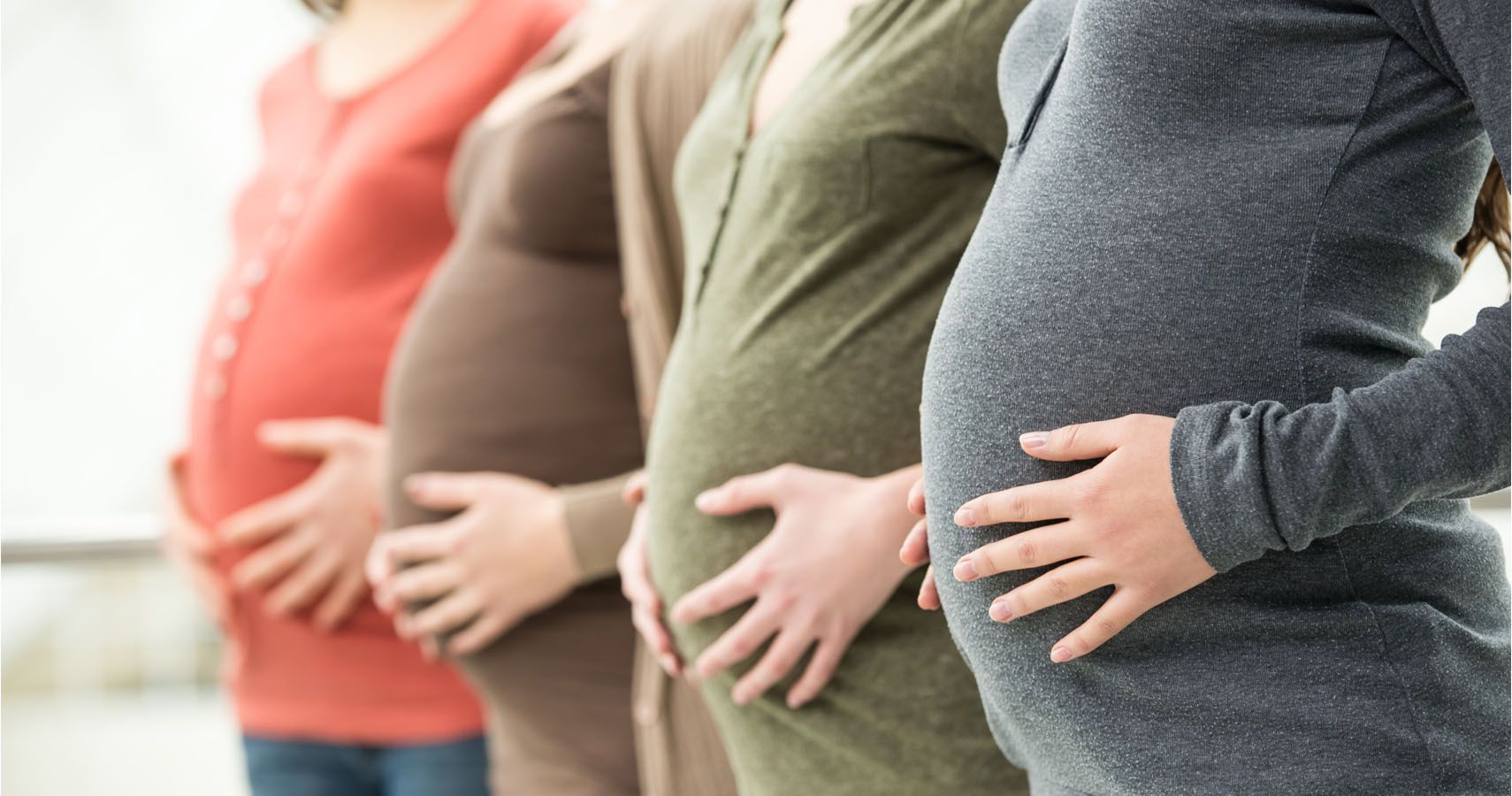The World Health Organization attests that a ‘good birth’ is more than the baby being born alive.
Our collective ideas pertaining to what constitutes a ‘good birth’ are anything but realistic in the 21st century and WHO is striving to not only share this message but assert, with urgency, that a monumental change be made.
A woman’s birth experience can be either wonderful or traumatic - contingent upon the how she is treated throughout childbirth. What’s more, her birth experience in its entirety can profoundly affect a woman’s state of mind after birth. What does this mean? Any damage to a woman’s psychological and mental health can affect infant development. When a woman is unable to thrive due to a lack of intensive support, bonding with baby is often compromised. The critical period defined by responsiveness between mother and baby signals, notably affect social and cognitive development.
WHO has updated its recommendations on intrapartum care designed to affect a global practice for the provision and experience of care during birth. The organization is by no means declaring that the health of the baby and mother are no longer the pivotal concern but rather they are identifying that the psychological and emotional results should also be assessed.
RELATED: 20 THINGS THAT HAPPEN TO MOM IN THE FIRST 12 HOURS AFTER BIRTH
The philosophy and regard for birth requires significant scrutiny and calls for an honest look into present obstetric maternity care in order to begin revolutionizing a system which has invariably been the norm. The existing model, characteristic of developed countries, is experiencing an increase in unnecessary interventions for a healthy birth. Additionally, there are higher levels of intervention - even if women are experiencing healthy, low-risk pregnancies. Many procedures are simply done as a part of the routine, despite evidence to support their use - inductions, epidurals, and c-sections to name a few.
On the contrary, the midwifery care model naturally encompasses a more holistic approach to birth and views birth as normal. Midwives are trained in a way that will enable them to respect the choices that women make, within safe practices.
WHO has officially declared that women’s psychosocial and communicative needs have to be met; identifying what constitutes their needs is imperative. The organization lists five components that are indicative of a good birth; a woman’s freedom to choose, mutual respect between mother and caregiver, having knowledge, respecting safety procedures, and confidence.
Health systems should instinctively recognize a woman’s uniqueness and distinct needs through practical and sustainable actions. The traditional model requires a metamorphosis of sorts. A rebirth that will allow women to experience childbirth and all its wonders without compromising their physical, mental and emotional health.
READ NEXT: 20 THINGS THAT WILL HAPPEN TO THE NEWBORN IN THE FIRST MONTH AFTER BIRTH

